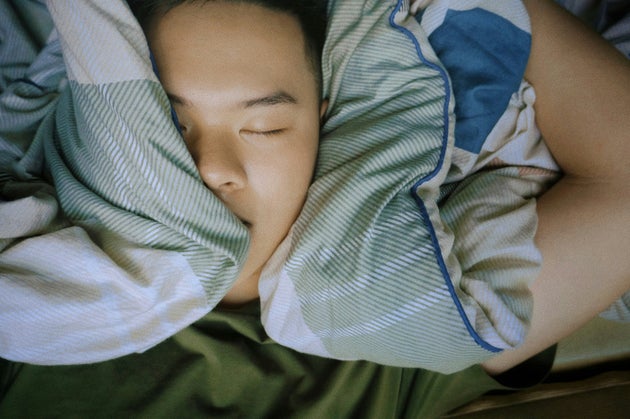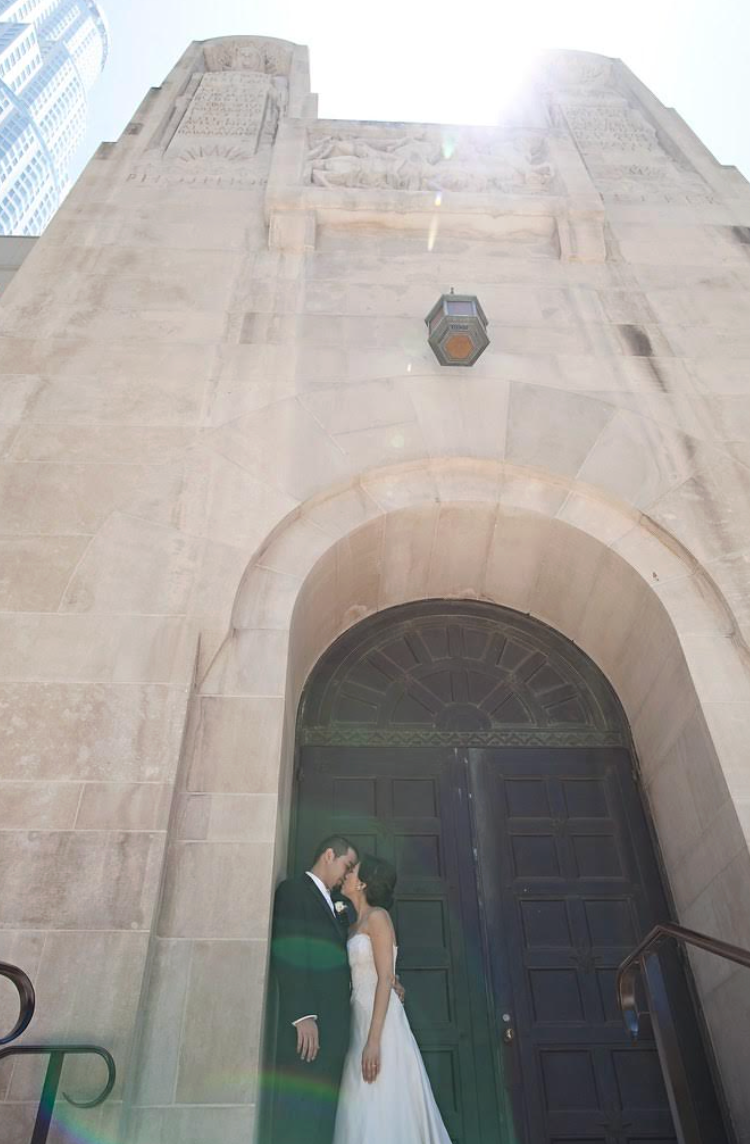Here's When 'Restless' Sleep Can Be A Dementia 'Warning Sign'

<div><img src="https://img.huffingtonpost.com/asset/68dbb2b718000059945d0a18.jpg?ops=scalefit_630_noupscale" alt="" data-caption="" data-credit-link-back="" data-credit="minh đô via Unsplash" /></div><div class="content-list-component text"><p>Poor sleep has been <a href="https://www.huffingtonpost.co.uk/entry/insomnia-dementia-explained_uk_68da7d64e4b0d196a63f238b">linked to an increased dementia risk</a>, though we don’t yet know exactly how one affects the other. </p><p>But roughly 90% of people with the sleep condition known as isolated REM sleep behaviour disorder (iRBD) go on to develop Parkinson’s or Lewy body dementia, according to a study published in <a href="https://neurosciencenews.com/sleep-disorders-parkinsons-dementia-29744/" target="_blank" rel="noopener noreferrer">Neurology</a>.</p><p>The leader of the research team, <span style="margin:0px;padding:0px">Professor</span> Shady Rahayel, <a href="https://neurosciencenews.com/sleep-disorders-parkinsons-dementia-29744/" target="_blank" rel="noopener noreferrer">said iRBD</a> is “not just restless sleep – it’s a neurological warning sign”.</p><p>But what is iRBD, and what does the new study show?</p><h2><strong>What is REM sleep behaviour disorder?</strong></h2><p>This is a condition where you physically or verbally act out in your sleep.</p><p>Its symptoms include thrashing around, shouting, and “sudden, often violent arm and leg movements during REM sleep”. <a href="https://www.mayoclinic.org/diseases-conditions/rem-sleep-behavior-disorder/symptoms-causes/syc-20352920" target="_blank" rel="noopener noreferrer">It is also known as</a> “dream-enacting behaviour”.<
Read original
Huffington Post




